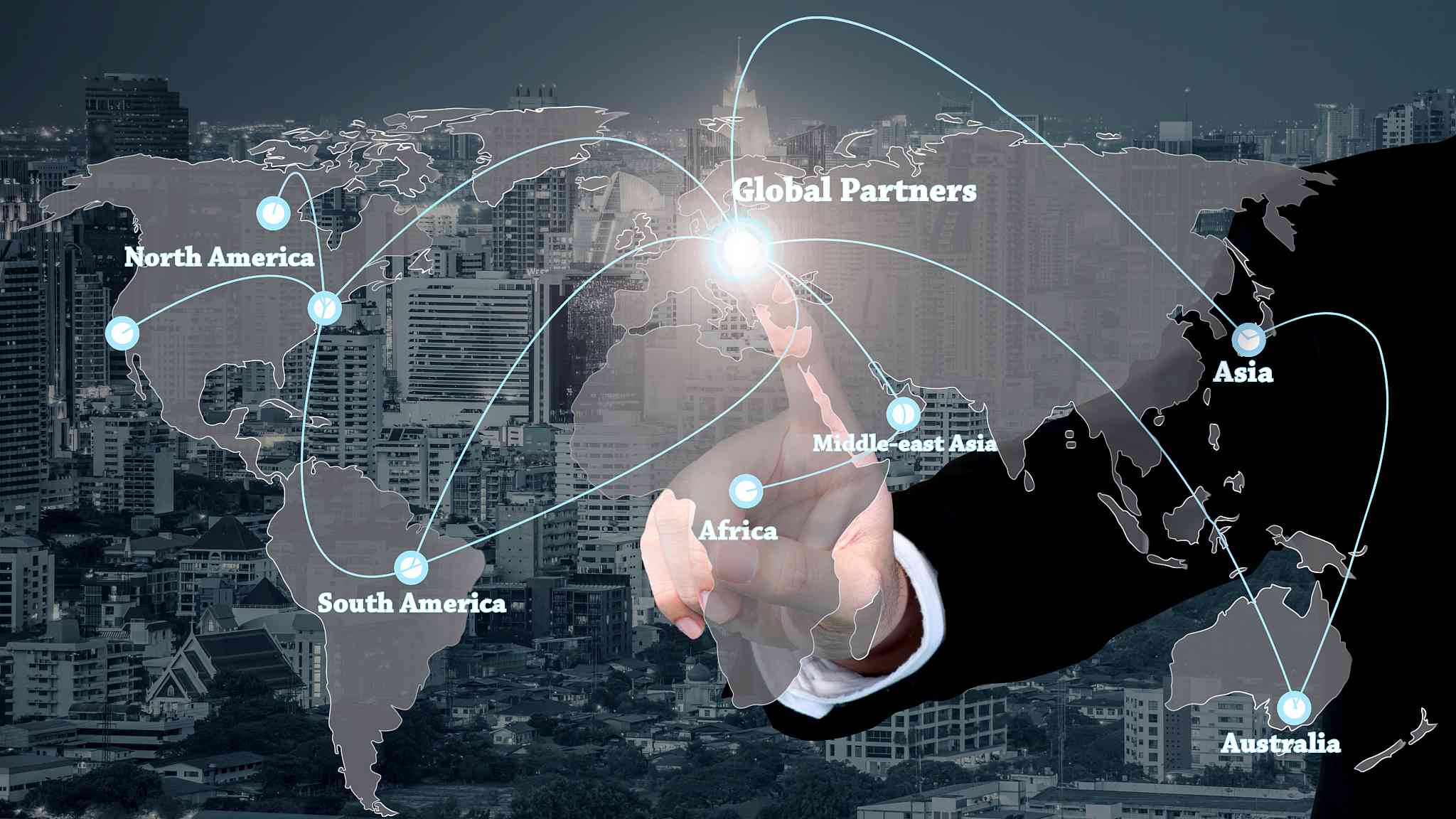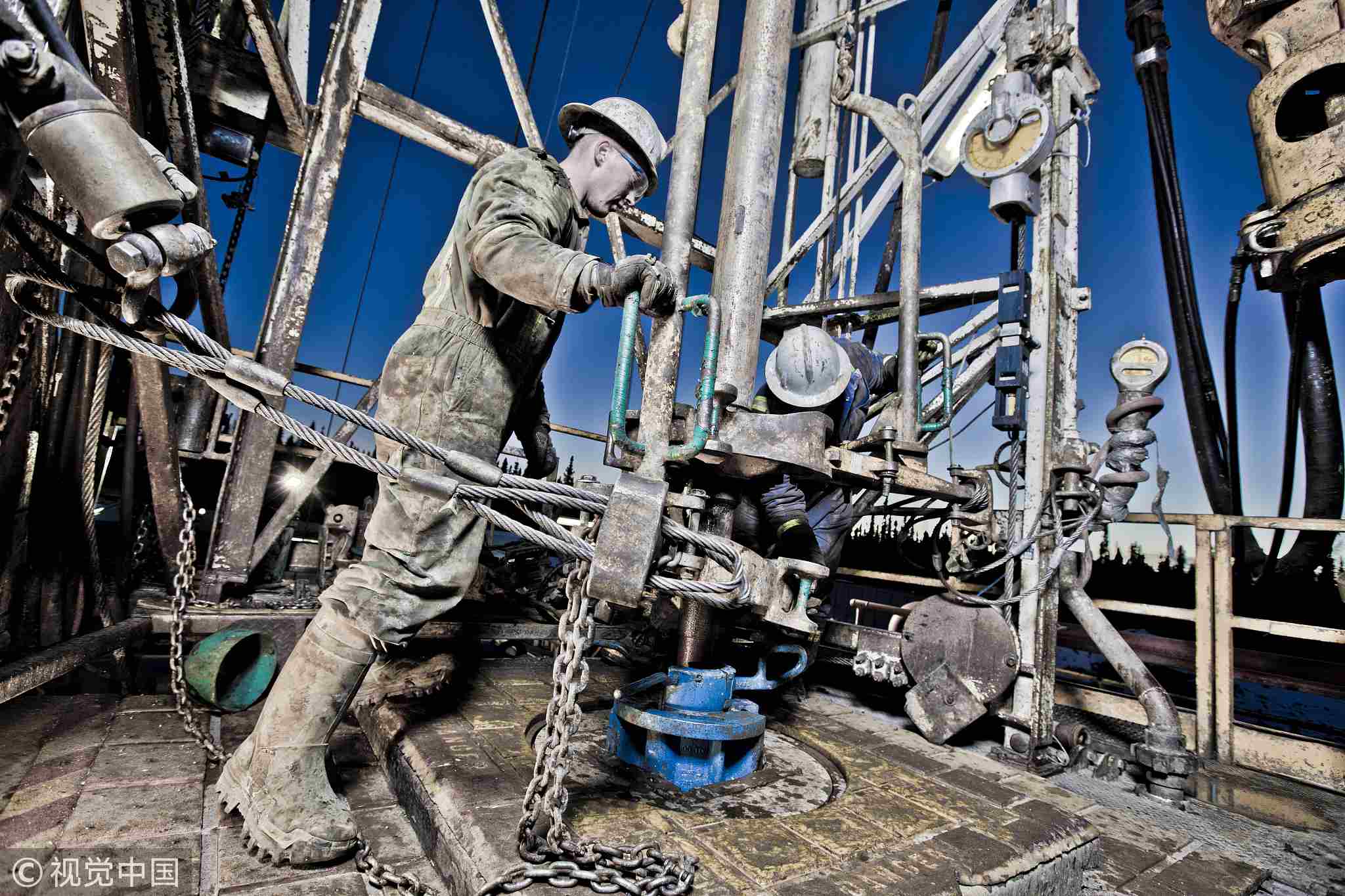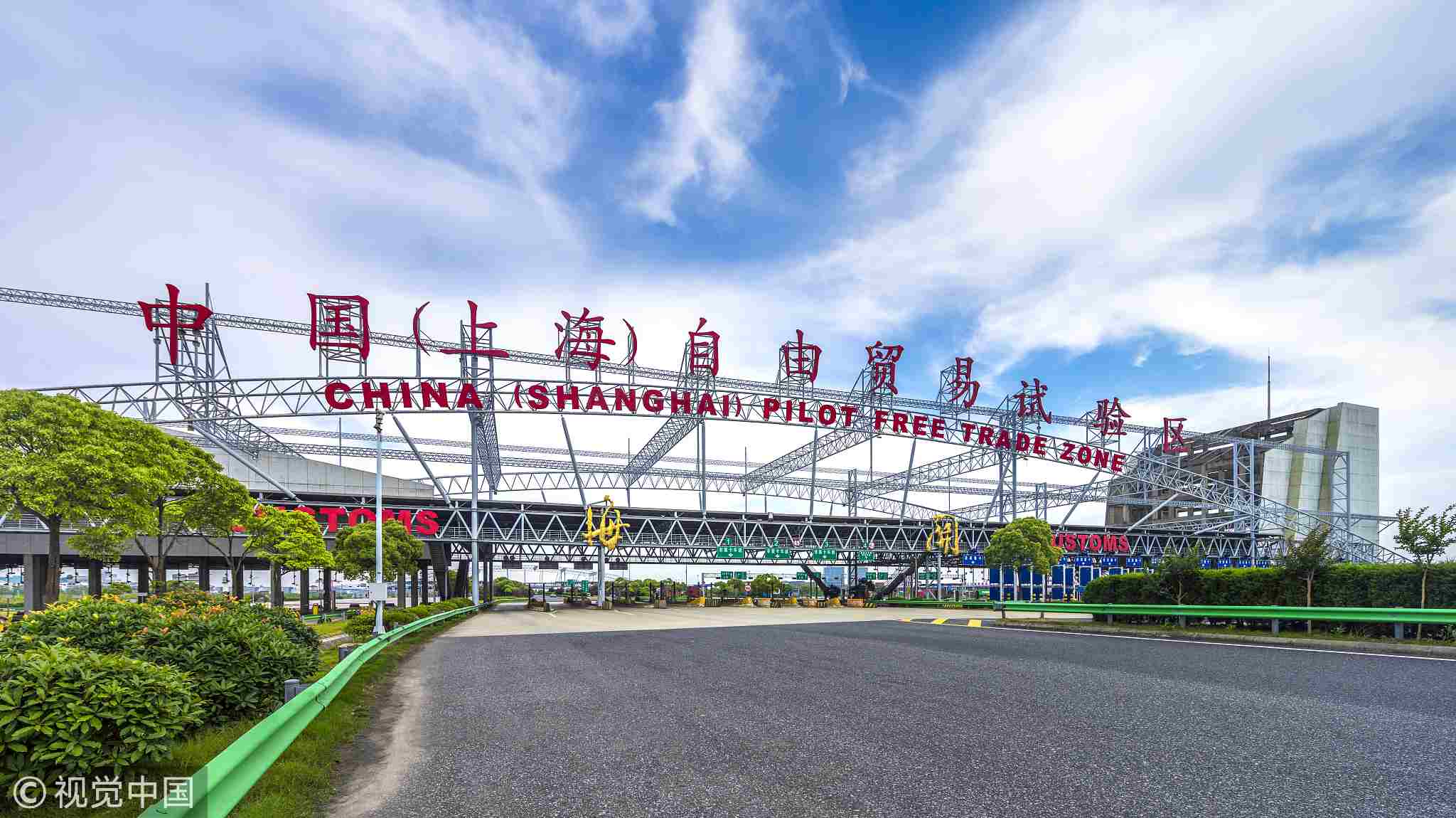
Opinions
20:07, 26-Nov-2018
Opinion: Free trade or fair trade: Which is more important?
Updated
19:13, 29-Nov-2018
Zhou Mi

Editor's note: Zhou Mi, deputy director with the Institute of America and Oceania of the Chinese Academy of International Trade and Economic Cooperation under China's Ministry of Commerce. The article reflects the expert's views, and not necessarily those of CGTN.
Recently, the U.S. has been using the concept of "Fair Trade" to shape the world. As the G20 summit in Buenos Aires sets a theme of "Building Consensus for Fair and Sustainable Development", there will be more attention paid on the similarities and differences between Free Trade and Fair Trade, as trade is one of the most important areas of development.
Some people may think it's time to replace free trade with fair trade. But while it is true that fair trade may improve the efficiency of trade and investment cooperation, without free trade, the world would suffer from protectionism. Free trade, therefore, may be more important.
Free trade plays a fundamental role in a world which can provide the necessary solutions to economies in different stages of development and boost their advantages as they become increasingly involved in the global value chain.
Some economies are resource rich and want to export raw materials in exchange with other goods or to accumulate capital; some economies are good at manufacturing and can improve production efficiency, and have strong service markets. All countries have their comparative advantages and shortages. It is impossible that one country could do everything well.

Oil workers work in an oilfield in Alberta, Canada. /VCG Photo
Oil workers work in an oilfield in Alberta, Canada. /VCG Photo
Thus the free trade system creates the conditions for all economies to benefit from cooperating. To talk about fair trade - if fair means the same, as Trump declares - means there is the only unified standard of judging the openness of others, meaning more and more economies may feel they are unfairly treated and retreat from the current trade system.
So, fair trade has different meanings. Although the theme of this G20 summit may be affected by U.S. attitude, just like what happened in the APEC summit, it doesn't necessarily mean that equal tariffs would be a fair trade. The existing global trade system was set up by the developed countries and some members have had to try hard to keep up with the requirements of the existing rules.
Actually, there's no such thing as trade fairness because the resource rich economies have to endure low export prices, meaning the economies producing consumer products can only have slim earnings while leaving the lion share of profits to the retailers and wholesalers in the final markets.

China (Shanghai) Pilot Free Trade Zone in Shanghai, China. /VCG Photo
China (Shanghai) Pilot Free Trade Zone in Shanghai, China. /VCG Photo
Without fair trade, the voices of different economies may not be heard or simply ignored and these economies have to expand their production and export capacities to have more U.S. dollars that can be used to buy the expensive products or services. The fairness of trade is even worse when the developing countries require the developed countries to reduce their agriculture subsidies.
Free trade is far from perfect. But it can be improved with negotiation instead of unilateralism. However, the U.S. is trying to have more market access from its trade partners since they want others to reduce their tariffs.
But on the other hand, the U.S. doesn't need to make further commitments. The Trade Facilitation Agreement was a very important trade consensus reached by the World Trade Organization (WTO) members.
When the U.S. wants more openness from its trading partners, they should put more efforts into the WTO platform. Unilateralism may be effective at the start, as a way to divide and get the bigger share from the market, but without any market development, there will be less to have in the future. When promises aren't kept though, even the U.S. can't reach further agreements with its trade partners.
As the G20 is celebrating its 10th anniversary, it is still important to discuss fair trade, but we can't forget that one of the very important reasons for the G20 is for countries to cooperate and fight against protectionism.
(If you want to contribute and have specific expertise, please contact us at opinions@cgtn.com)

SITEMAP
Copyright © 2018 CGTN. Beijing ICP prepared NO.16065310-3
Copyright © 2018 CGTN. Beijing ICP prepared NO.16065310-3